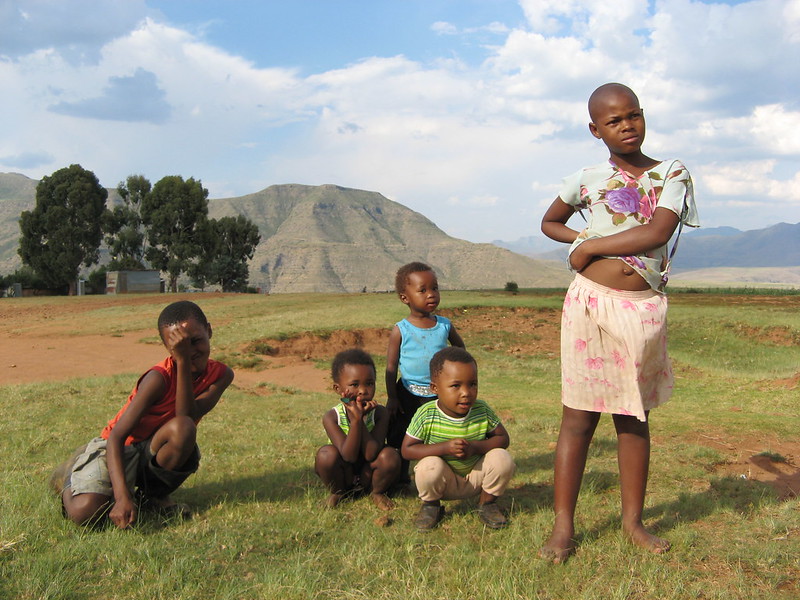
The World Bank's Pathways to Sustainable Livelihoods Project (PSLP) supports the Government of Lesotho (GoL) via the Ministry of Gender, Youth, and Social Development (MoGYSD). The project aims to enhance the efficiency and equity of selected social assistance programs, while strengthening the livelihoods of poor and vulnerable households. Within the PSLP, Component 1A includes the Economic Inclusion Program (EIP). The EIP focuses on strengthening the livelihoods of targeted beneficiaries who can productively engage in or improve their existing economic activities. The program offers a sequenced package of interventions, comprising training, coaching, grants, and savings mechanisms. As the GoL plans to scale up the EIP to reach poor and vulnerable populations nationwide, it is crucial to understand the program's impact. In partnership with the World Bank, the implementing EIP partners, led by Catholic Relief Services (CRS), and the research team from the Social Protection and Jobs (SPJ) Global Practice and Development Impact (DIME)
Department at the World Bank, an impact evaluation aims to assess the program's impact and cost-effectiveness on beneficiaries.
The objective of this Impact Evaluation (IE) is to understand how the EIP impacts the targeted poor and vulnerable beneficiaries in Lesotho and to identify ways to increase the cost-effectiveness of the program. The data for the IE will be collected in two phases: at Baseline (mid-2025) and after the interventions have been completed (mid-2027). In between these two surveys, detailed implementation data will be collected to measure delivery fidelity. The IE is designed as a randomised control trial (RCT) where eligible households will be randomised into a control group (C), a group receiving the full EIP package (T1), and iii a
group receiving the standard EIP package, but without the coaching and mentoring provided to households after receiving the grant. The impact evaluation study in Lesotho will include approximately 3,750 participants in Phase 2 of the EIP, which is scheduled for implementation in mid-2025 in 5 community Councils.

